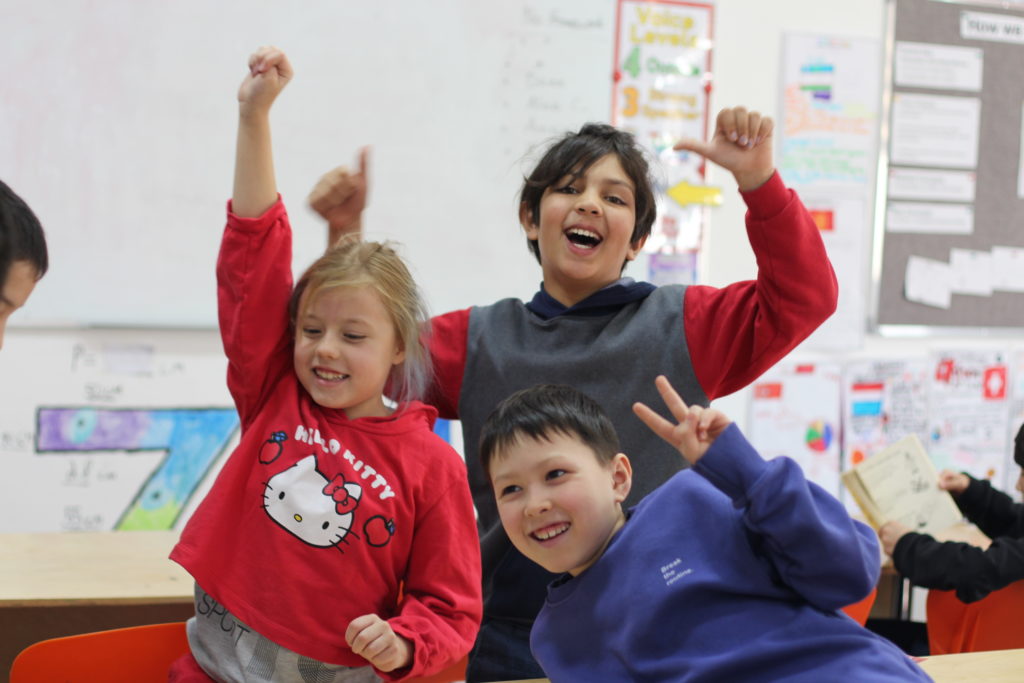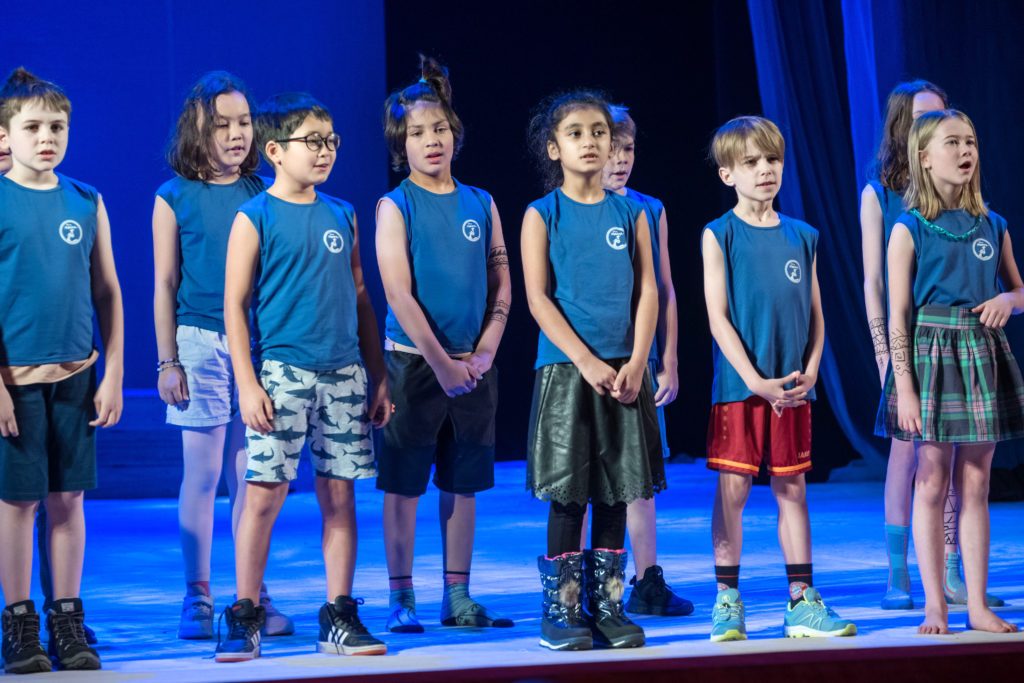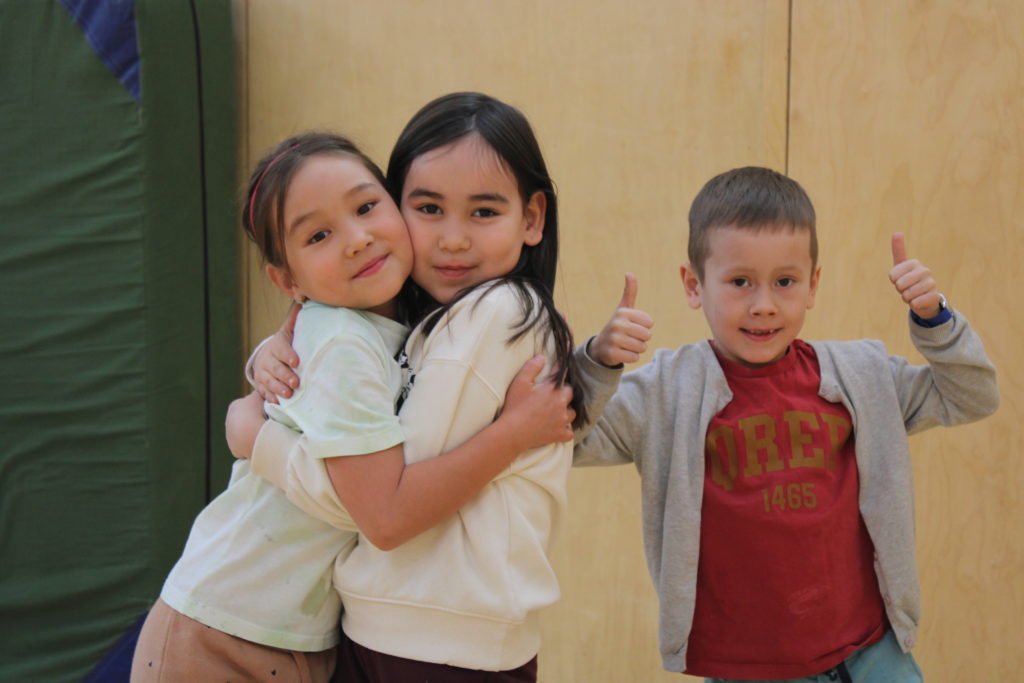Primary School - IB PYP programme



Primary education runs from age 5 starting in Grade 0 to age 10 starting in Grade 5. Each class has two teachers and small class sizes to ensure that each student reaches their potential and that English learners are not left behind. Students work in small groups or individually according to their needs in each area.
BIS is a fully authorised International Baccalaureate Primary Years Programme school. The written, taught and assessed curriculum is in line with the international curriculum developed by the IBO for students in international schools. The PYP combines the best research and practice from a range of national systems with a wealth of knowledge and experience from international schools to create a relevant and engaging educational program. The PYP offers a comprehensive, inquiry–based approach to teaching and learning and provides an internationally designed model for concurrency in learning for mobile, transient students. It incorporates guidelines on student learning styles, teaching methodologies and assessment strategies.
Inquiry based learning
At the core of the PYP’s philosophy is a commitment to structured, transdisciplinary inquiry. Much of the content from the subject areas, particularly Science and Social Studies, is taught through transdisciplinary units of Inquiry where students are encouaraged to make connections with their existing knowledge and between the traditional subject areas. Traditional subject areas are also used as lenses to explore big ideas that are of global significance. Unit of Inquiry are planned under the Transdisciplinary Themes:
- Who we are
- Where we are in time and place
- How we express ourselves
- How the world works
- How we organize ourselves
- Sharing the planet
The written curriculum is a balance of essential knowledge and skills, development of conceptual understanding, demonstration of positive attitudes and taking responsible action. The leading pedagogical approach of the PYP is recognised as allowing students to be actively involved in their own learning and to take responsibility for that learning. Inquiry is the process that moves the student to a new and deeper level of understanding. It involves the synthesis, analysis and manipulation of knowledge, whether through play or through more formally structured learning. Inquiry can take many forms including:
- Exploring, wondering & questioning
- Making connections between previous learning and current learning
- Collecting data and reporting findings
- Deepening understanding through the application of a concept
- Making & testing theories
- Researching & seeking information
- Taking & defending a position
- Solving problems in a variety of ways